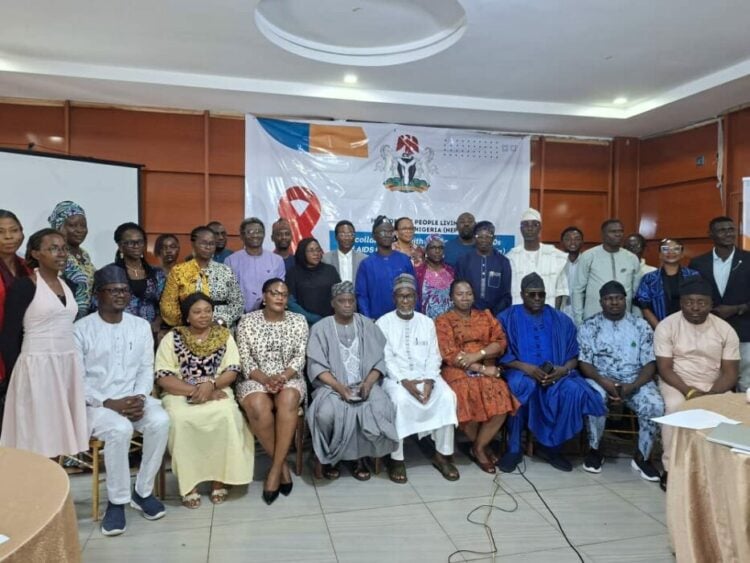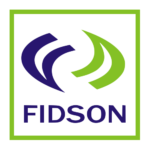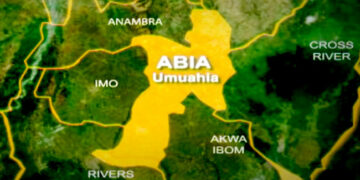The AIDS Healthcare Foundation (AHF) and other Civil Society Organisations (CSOs) have called on the Federal Government to prioritise local financing for the fight against HIV and Tuberculosis (TB), stressing the urgent need to reduce reliance on dwindling foreign aid.
The organisations made the call during the “CSO Financing Dialogue on Domestic Resource Mobilisation and Domestication of the HIV Anti-Stigma and Discrimination Law” held in Abuja.
The Network of People Living With HIV/AIDS in Nigeria (NEPWHAN), represented by its National Coordinator, Abdul Kadir Ibrahim, emphasised that with recent shifts in U.S. government policy and reduced donor funding, Nigeria must look inward to mobilise resources.
“Currently, about 80 to 85 percent of HIV funding is supported by foreign aid, mainly from the U.S. government and the Global Fund, while less than 15 percent comes from the Nigerian government,” Ibrahim noted. “We need to ensure sustainability through domestic financing, health insurance coverage, and the domestication of the HIV anti-stigma law across states.”
Ibrahim further stressed that HIV remains a significant challenge, urging stakeholders to act swiftly to meet the global target of ending the epidemic by 2030.
Also speaking, Hon. Amobi Godwin Ogah, Chairman of the House Committee on HIV/AIDS, Tuberculosis, Leprosy and Malaria, warned that Nigeria requires an estimated $8 billion annually to sustain its HIV/AIDS response. He described the suspension of U.S. funding for Africa’s health systems as “a blessing in disguise,” arguing that it presents an opportunity for Nigeria to take ownership of its health financing.
“Since the withdrawal of funding, Nigerians in both public and private sectors have begun conversations on how to rejig our financing architecture. What we need now is to streamline these solutions and, where necessary, provide a legislative framework for implementation,” Ogah said.
Dr. Murphy Akpu of UNAIDS and Ejezie, AHF Country Programme Director, also underscored the importance of local production of drugs, stronger government commitment, and actionable solutions to close existing gaps in Nigeria’s HIV and TB response.
The Abuja Declaration of 2001, which committed African countries to allocate at least 15% of their budgets to health, was repeatedly referenced at the dialogue, with stakeholders urging Nigeria’s parliament to revisit its implementation in the face of declining global aid.











